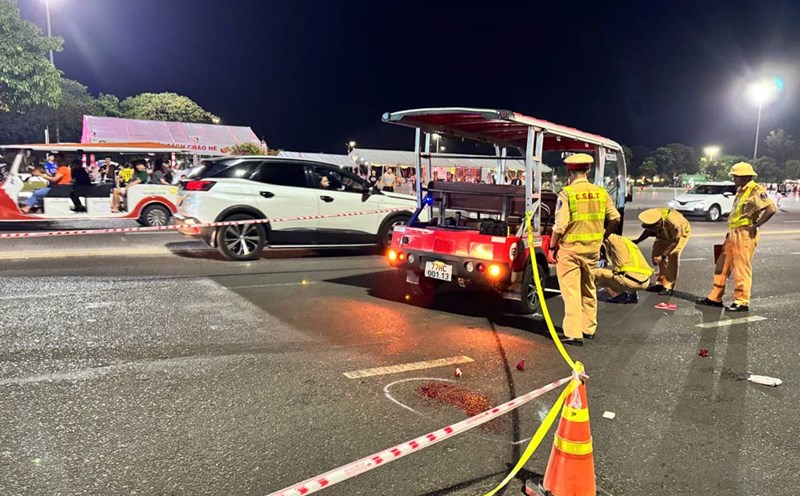The world's two leading space agencies - NASA (US) and Roscosmos (Russia) - have just agreed to maintain the operation of the International Space Station (ISS) until at least 2028.
The information was announced by Roscosmos after a rare in-person meeting between the leaders of the two agencies in Houston, Texas, USA on July 31. This is the first time in 8 years that NASA and Roscosmos leaders have sat down together to have a direct dialogue.
The dialogue went smoothly, Dmitry Bakanov, CEO of Roscosmos, told the press. We have agreed to continue operating the ISS until 2028 and have also begun discussions on removing the station from orbit around 2030.
The meeting with Sean Duffy - Acting Director of NASA - not only revolved around the ISS but also expanded to future lunar missions and deep space exploration cooperation - a remarkable step forward in the context of US-Russia relations strained by the war in Ukraine and mutual sanctions.
Once considered a symbol of peace after the Cold War, the ISS is the largest space station ever built, with the participation of many countries, in which the US and Russia play a key role.
Founded in 1998, the International Space Station has been flying around the Earth for nearly 30 years, becoming an international scientific platform with thousands of research from biology, physics to space medicine.
While many areas of bilateral cooperation between Russia and the US have been almost paralyzed due to geopolitical disagreements, the universe still seems to be the "last bridge" between the two powers.
Russia has previously said it could withdraw from the ISS after 2024 to focus on its own space station project, but the new move shows that Moscow is still ready to maintain cooperation if technical and political conditions allow.
During his visit to the US, Mr. Bakanov also met with NASA crew-11 - a group of astronauts preparing to join the ISS in the near future. The team included Russian astronaut Oleg platonov, US astronauts Zena Cardman and Michael Fincke, and Japanese astronaut Kimiya Yui.
Notably, crew-11 expected to fly with the SpaceX Dragon ship shows that multilateral coordination is still ongoing. Although the flight on July 31 was delayed at the last minute due to weather, the new schedule has been scheduled for August 1.
Roscosmos also invited a NASA representative to attend a launch in Baikonur (Kazakhstan) in November, with the participation of an American space traveler. Mr. Duffy accepted, showing another positive sign.











